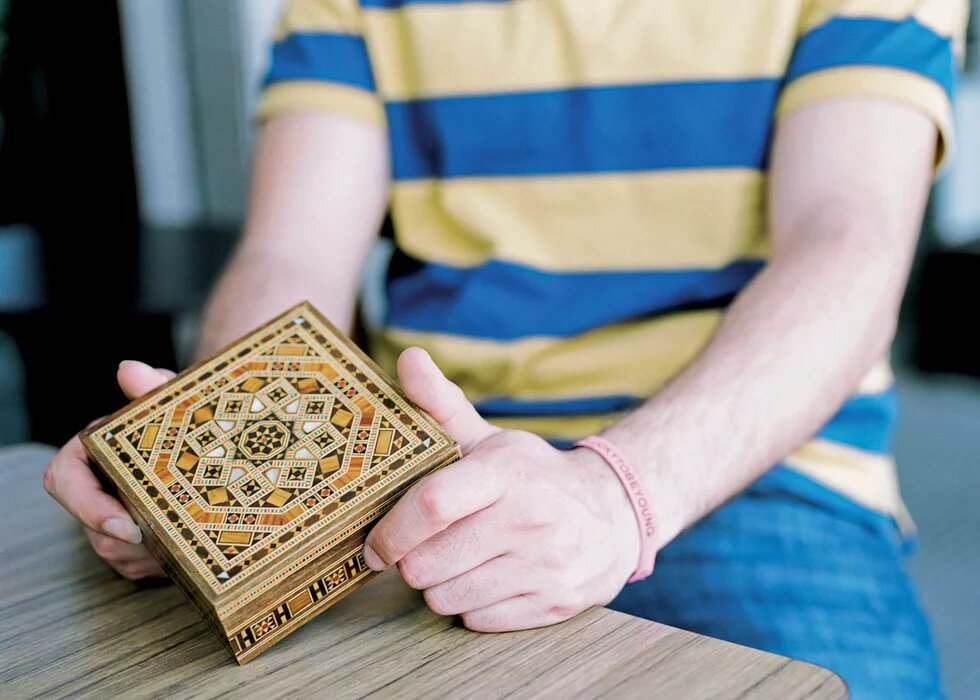
I come from Damascus. I arrived in Lebanon in the beginning of 2012. There was a big assassination one day, of major people in the government, and panic took over the city. A lot of people then left. I remember waiting at the border for 7 hours. It was very crowded. Explosions went off; helicopters were flying back and forth. I left together with my family. Before this happened, we were debating the idea of leaving but it was not definitive. We had not made the decision. This was the turning point for me. Nothing had happened to our house, our area was safe, but we decided to leave.
The thing is, at the time, you would hear gossip, and you would never know when a problem would arise. There was a sense of danger. My parents would not let me leave the house. My friends always went home very early as well. Actually, at the time, it felt like a kind of liberation - to be able to walk the streets at night safely. When I left Syria, I came in legally through Masnaa. We came in our own car.
We left in a hurry; we basically took some clothes and came. I had not finished my university at the time. I still had my senior project and 4 subjects I had not completed so I had to go back a month later. We went back thinking that we were going back for good. I stayed in university for a bit but then my parents decided to leave again for Lebanon. Since then, I have not gone back. My parents kept going back and forth so they kept bringing more things.
One of the things that they brought me is this handmade ornate box. I keep all my guitar picks in it. I bought it in Damascus, in an area called Bab Sharqi. If you walk down the street you can see people making these boxes. We call the ornamentation “Mosaique”; it is done with clams. Can you see the white parts? These are clams. Damascus is known for making this type of boxes. They do a similar thing in Egypt, just with different patterns. It reminds me of old Damascus; the city that I used to live in.
I have worked in many different places during the last 3 years, usually as an English teacher. Right now, I work for an NGO that primarily focuses on Palestinians. Now it also includes Syrian-Palestinians. They target kids that are at risk of dropping out of school.
I look “Lebanese” so I do not get a lot of hassle. I never got into trouble. The army has never stopped me. Recently however, I have been more and more involved in work with Syrians and I hear all sorts of crazy stories about how they are harassed all the time. They cannot complain to anybody, which is something I never really experienced myself during the 3 years of staying here. The discrimination is not against Syrians; it is against poor Syrians. If you look middle class, you look Lebanese.
Syrians are stopped for different reasons. The question is: how do you know if someone is Syrian? The answer is: have you never seen a Syrian? In the mind of a lot of people, a Syrian person wears flip-flops and torn clothes, most probably with paint stains. I remember I went to work in Dahyie once and on the way, we stopped at a checkpoint. There was a man with paint all over his clothes. A soldier asked him where he was from. “I am Lebanese”, the man answered. The soldier got angry: “Do not lie to me, you are Syrian!” He did not believe the man.
---